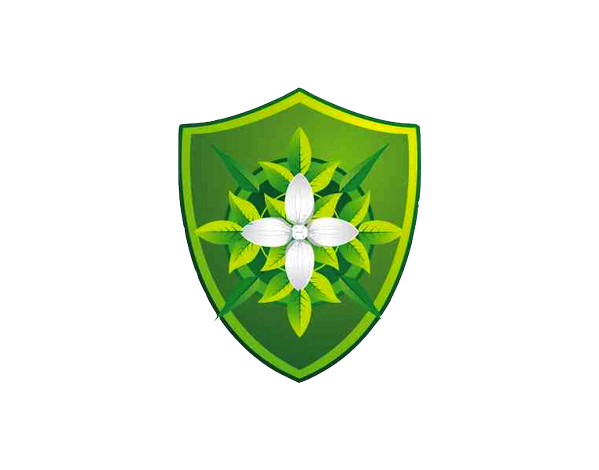Anatomy & Physiology
Description
In this course students explore the organization of the human body and how it works. They will acquire knowledge necessary to understand what the body is doing and how they can help the body cope with many different situations. Body systems will be studied in order to understand how their structure, location, and function allow for interaction with other parts of the body.
Major Topics and Concepts
Semester 1
Introduction to Anatomy and Physiology
Tissues
Skin-The Largest Organ
Human Skeleton
Bone Tissue and Markings
Axial and Appendicular Muscles
Skeletal Muscle
Muscle Contraction
Physiology of Muscle
Nervous System
The Spinal Cord
The Brain
Sympathetic and Parasympathetic
Nerve Conduction
SensesEndocrine System
Hormones
Semester 2
Cardiovascular System
Blood Vessels and Electrocardiogram
Components of Blood
Homeostasis, Typing, and Transfusion
Respiratory System
Digestive System
Molecules of Life
Macromolecule Reactions
Enzymes
Excretory System
Excretory Structures
Immune System
Lymph System
Reproductive System
Fertilization to Birth
Fetal Circulation
